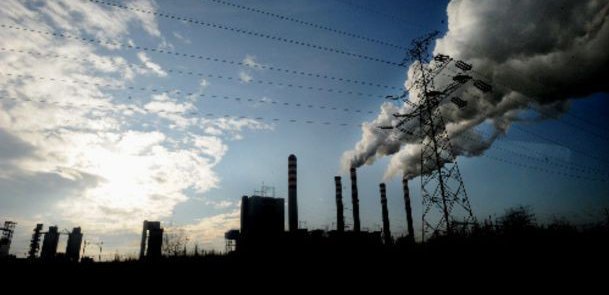The ability of electricity producers and major-scale consumers to establish forward contracts stands as one of the big changes promised by the introduction of the target model, whose aim will be to harmonize the electricity wholesale market with EU standards.
Forward contracts will enable electricity producers and suppliers to perform direct transactions, through the prospective energy exchange, at specific prices that have been agreed to, thereby offering stability and security to both producers and large-scale consumers.
Producers will be able to secure absorption of their output while industrial consumers will be offered protection against any price fluctuations for part, if not all, of their electricity needs.
However, the target model’s prospect of forward contracts also threatens to create smaller day-ahead and spot markets, representing just a small fraction of overall electricity production and demand. Such a development would increase the risk of destablizing the new market’s structure and newly formed energy exchange, to be responsible for the market’s functioning.
According to energypress sources, a consulting firm commissioned to establish target model terms has proposed the imposition of a limit on forward contracts which, on the one hand, will offer producers, suppliers and major-scale consumers steady terms covering the bulk of their needs, while, on the other hand, securing liquidity and competition for the market and energy exchange.
According to the consulting firm’s proposal, the main power utility PPC, the market’s dominant producer, will not be able to offer more than 40 percent of electricity output for forward contracts.
Reacting to the proposal, PPC contends that no forward contract limits should be imposed while independent electricity producers favor even stricter terms, at least until the market has found its footing.
According to sources, RAE, the Regulatory Authority for Energy, intends to adopt the consulting firm’s proposal, but could offer even tougher terms limiting forward contracts to 30 percent of overall supply.





